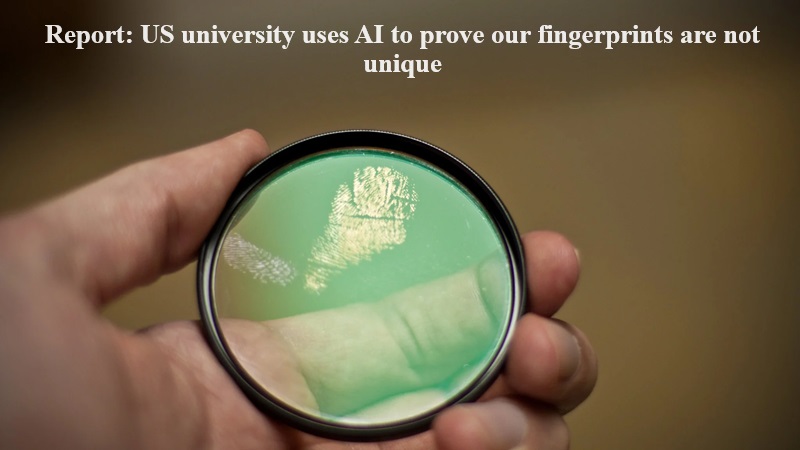
Scientists at a university in the United States have challenged the notion that each fingerprint is unique by utilizing artificial intelligence (AI). According to a report by the BBC on Thursday (Jan 11), researchers at Columbia University trained an AI tool using 60,000 fingerprints to determine its ability to identify whether fingerprints from different fingers belonged to the same person.
The AI tool demonstrated an accuracy rate of 75-90% in identifying whether prints from various fingers originated from a single individual, the report stated.
Researchers at Columbia University were initially skeptical about the AI tool’s approach, believing it analyzed fingerprints differently from traditional methods. Professor Hod Lipson, who supervised the study, revealed to the BBC that they were unsure about the AI’s methodology. He stated, “It is clear that it isn’t using traditional markers that forensics have been using for decades,” and suggested that the AI might be using factors such as curvature and swirl angles.
Professor Graham Williams, a forensic science educator at Hull University, noted that the concept of unique fingerprints has never been definitively established. He stated, “All we can say is that as far as we are aware, no two people have yet to demonstrate the same fingerprints.”
The surprising findings of the study faced rejection by an undisclosed forensics journal, highlighting the unconventional nature of the AI’s approach to fingerprint analysis. The use of artificial intelligence in this context challenges established methods and raises questions about the intricacies of fingerprint identification.

Post Your Comments